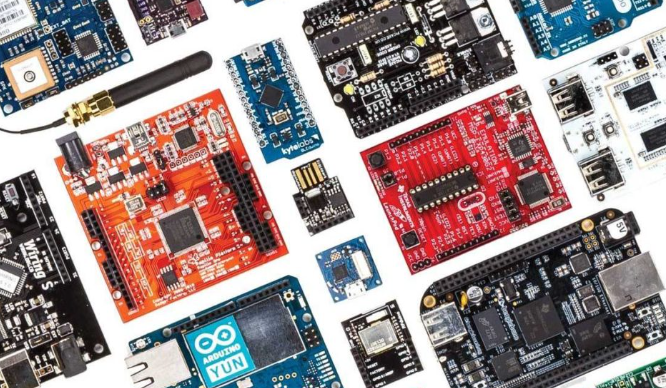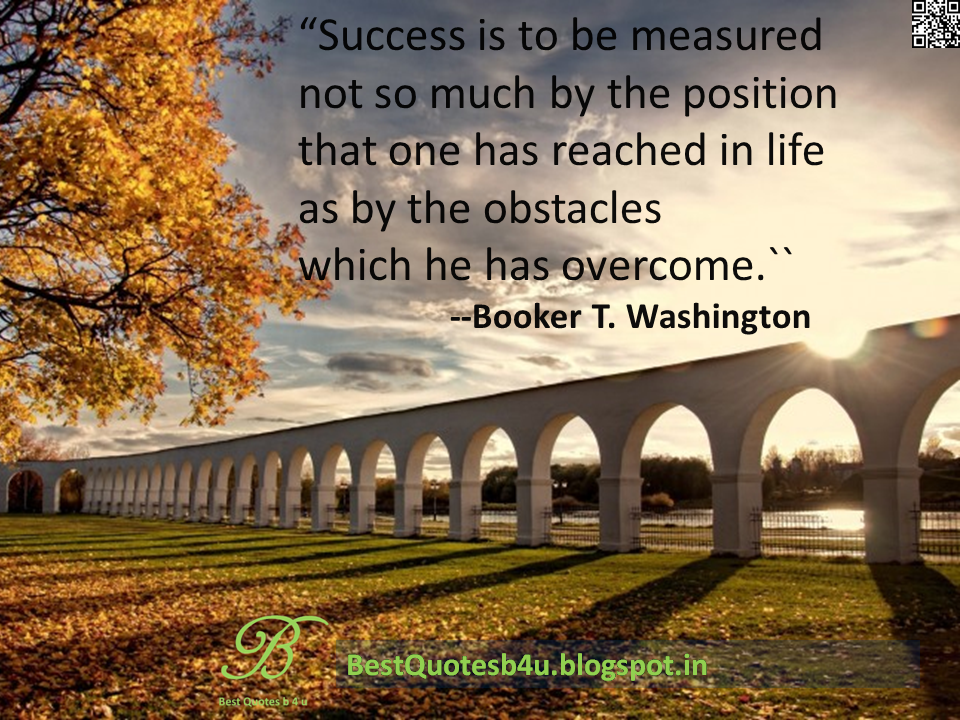Adapting to changing technology is essential in today’s fast-paced world. Here are some strategies to help you stay current and effectively adapt to technological advancements:
1. Continuous Learning
- Online Courses and Tutorials: Utilize platforms like Coursera, Udemy, LinkedIn Learning, and Khan Academy to learn new technologies.
- Certifications: Obtain certifications in relevant technologies from recognized institutions.
- Books and Publications: Read books, journals, and articles about emerging technologies.
2. Stay Informed
- Tech News: Follow tech news websites like TechCrunch, Wired, and The Verge.
- Newsletters: Subscribe to newsletters from reputable sources such as MIT Technology Review or industry-specific publications.
- Blogs and Podcasts: Follow blogs and listen to podcasts by industry leaders and tech experts.
3. Network and Collaborate
- Attend Conferences and Workshops: Participate in tech conferences, workshops, and seminars.
- Join Professional Groups: Engage with professional groups and associations on platforms like LinkedIn.
- Collaborate with Peers: Work on projects with colleagues or friends who have expertise in new technologies.
4. Practical Application
- Hands-On Practice: Experiment with new tools and technologies through projects, hackathons, or open-source contributions.
- Simulations and Sandboxes: Use virtual labs and sandbox environments to practice without the risk of affecting real systems.
- Side Projects: Start personal projects to apply new skills in a real-world context.
5. Develop a Growth Mindset
- Be Open to Change: Embrace change as an opportunity for growth rather than a threat.
- Stay Curious: Maintain curiosity and a willingness to explore new ideas and technologies.
- Adaptability: Cultivate adaptability by being flexible and willing to adjust your methods and strategies.
6. Leverage Social Media and Online Communities
- Follow Influencers: Follow tech influencers and thought leaders on Twitter, LinkedIn, and other social platforms.
- Join Online Communities: Participate in forums and communities such as Stack Overflow, Reddit’s r/technology, or specialized groups on Discord and Slack.
7. Workplace Strategies
- Internal Training: Take advantage of training programs and workshops offered by your employer.
- Mentorship: Seek mentorship from colleagues who are proficient in new technologies.
- Cross-Functional Teams: Work in cross-functional teams to gain exposure to different technologies and processes.
8. Adopt Agile Practices
- Agile Methodologies: Implement agile practices like Scrum or Kanban to stay responsive to changes and improve efficiency.
- Iterative Learning: Continuously iterate and improve your skills through feedback and reflection.
9. Invest in the Right Tools
- Tech Gadgets: Use up-to-date gadgets and software to stay aligned with current technological standards.
- Productivity Tools: Leverage productivity tools that help you learn and adapt more efficiently, such as note-taking apps, project management software, and version control systems.
10. Balance Depth and Breadth
- T-Shaped Skills: Develop deep expertise in a particular area while maintaining a broad understanding of related fields.
- Specialize and Generalize: Balance specialization in your core field with a general knowledge of emerging technologies and trends.
11. Reflect and Iterate
- Regular Review: Regularly review and assess your progress in learning new technologies.
- Feedback Loops: Incorporate feedback from peers, mentors, and self-assessments to improve your learning process.
By integrating these strategies into your routine, you can effectively keep up with the rapid pace of technological change and ensure you remain relevant and competitive in your field.



































































































